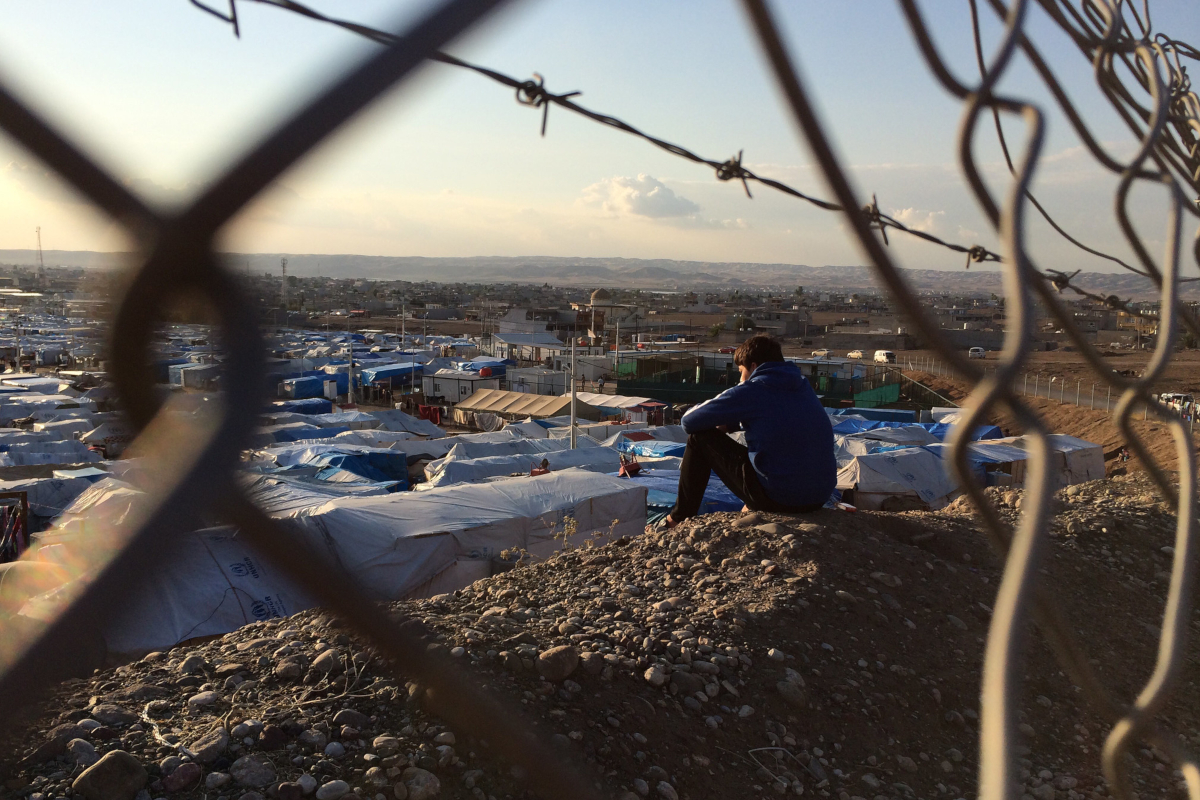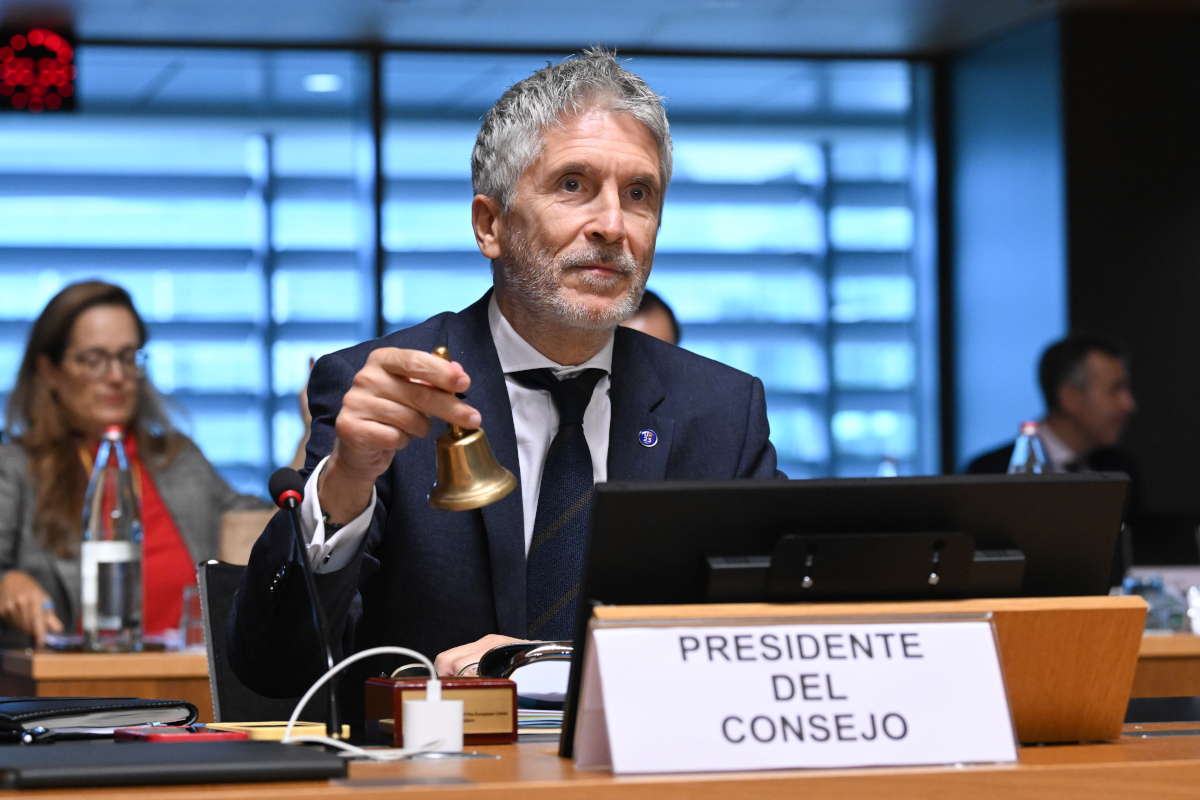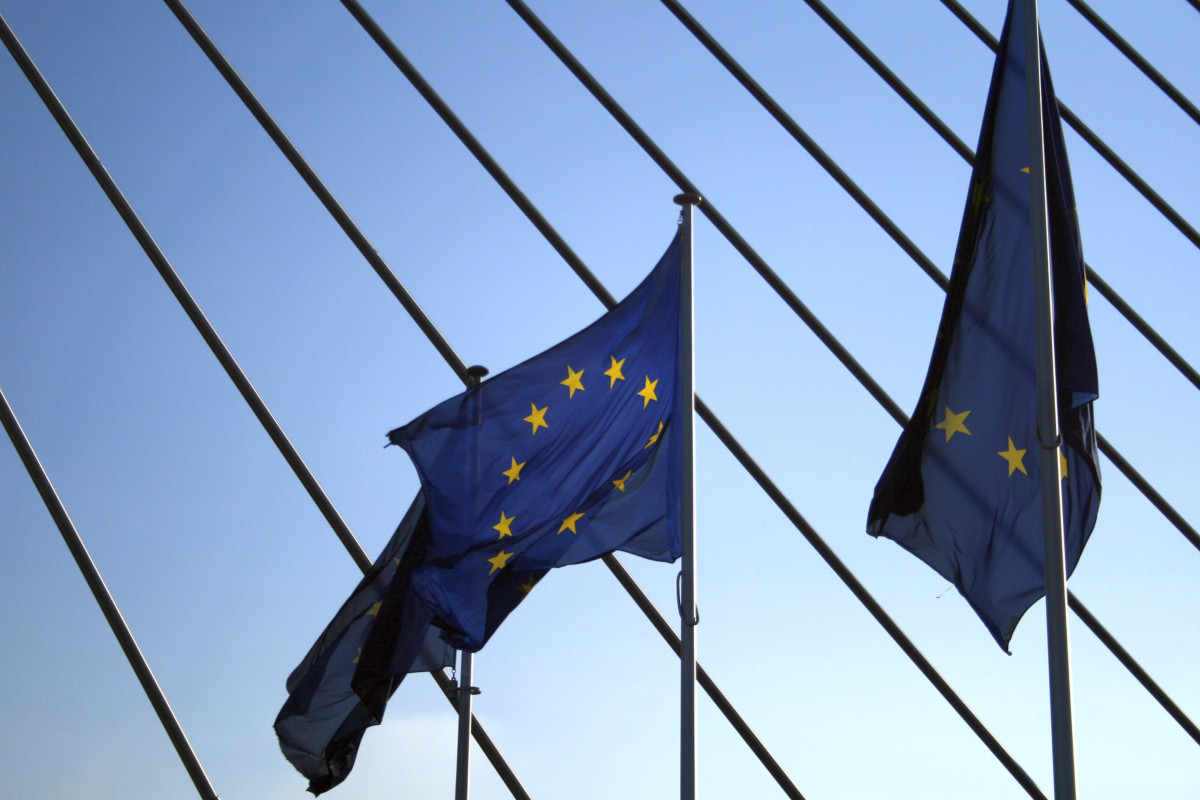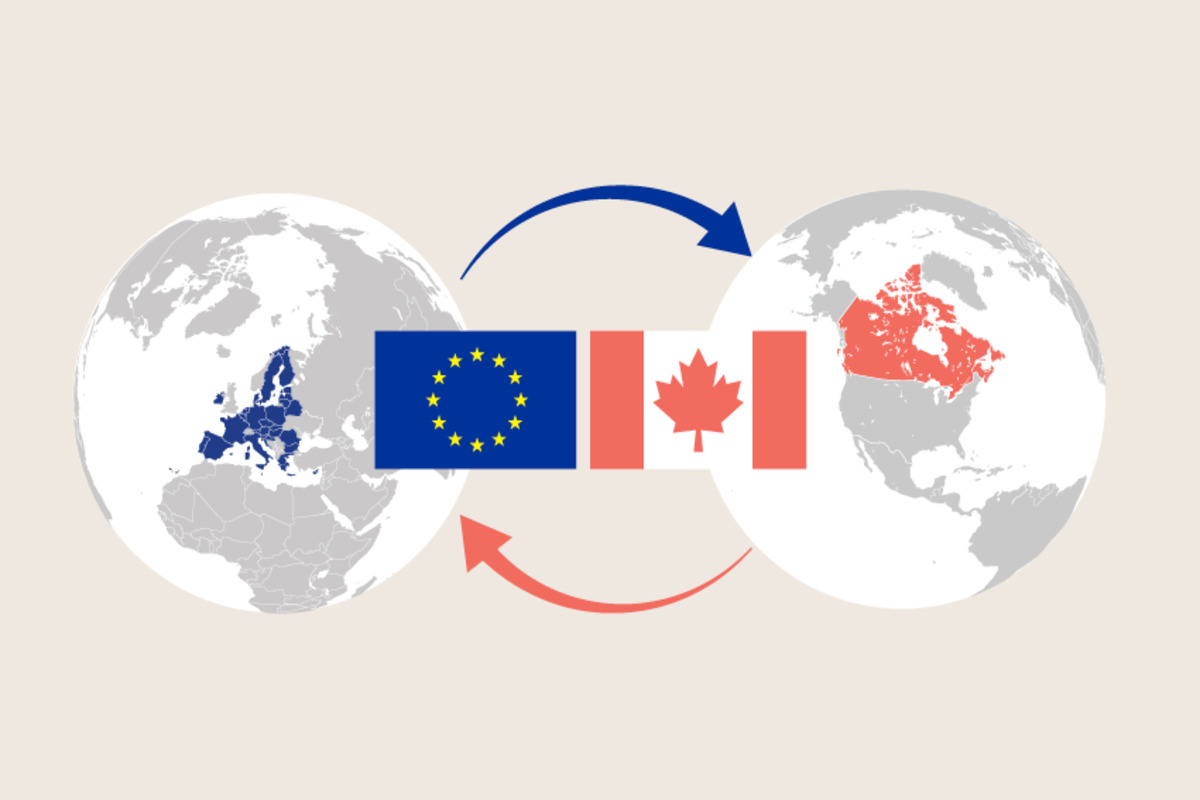Videoconference identification part of push to digitalize EU deportation procedures
Topic
Country/Region
22 November 2023
Non-EU states should agree to the use of videoconferences to confirm the identity of individuals facing deportation proceedings in EU member states, says an internal European Commission report obtained by Statewatch. This is one of several initiatives being pushed as part of the drive to increase deportations from the EU, alongside digital information exchange platforms and sanctions on visa issuance for nationals of states deemed to be insufficiently cooperative with removals from the EU.
Support our work: become a Friend of Statewatch from as little as £1/€1 per month.

Image: Emiliano Cicero, Unsplash License
Plans to increase the use of videoconference identification are contained in the Commission’s annual report to the Council (pdf) on “third countries' level of cooperation on readmission,” which provides a country-by-country assessment of obstacles in the organisation of deportations from the EU.
The report forms part of a mechanism for deciding which states will face sanctions under Article 25a of the Visa Code, which allows the Council to punish countries deemed “non-cooperative” by obstructing access to short-stay Schengen visas for their citizens. States may not wish to comply with EU deportation orders for a variety of reasons, amongst them widespread public opposition or the importance of remittances.
The mechanism is explained in the document as part of the strategy foreseen in the New Pact on Migration and Asylum to “to pull together the full range of EU policies, tools, and instruments - including diplomacy, development, trade and visas, as well as legal migration - in a strategic way and to use them as leverage to improve cooperation on readmission and to increase returns.” Previous Council discussion has focused, in addition to visa sanctions, for instance, on linking development aid to deportation compliance as part of such “leverage”.
Videocalls for identification
One major point of conflict outlined in the document concerns cooperation between states on identification: deportations usually cannot be organized if no state has agreed to identify a person as a national, and the report emphasizes the Commission's belief that various countries need to “accept a broader range of evidence” in deportation procedures.
Although this year's report includes fewer details on the specifics of what this might consist of than previous editions (which gave indications that this “evidence” may, for instance, include social media profiles and mobile phone data), it underlines repeatedly that third countries should be pressured to permit “consular interviews via videoconference” and accept biometric evidence.
The use of videoconference identification was explored by Frontex in a 2018 pilot project and seems to have been expanded in previous years; a recommendation that the use of videoconferencing for identification be allowed or expanded is mentioned for 22 of 30 states covered in the report.
Digital information exchange platforms
The Commission also repeatedly stresses the importance of digitalising the organisation of deportations. Amongst the recommendations most frequently mentioned in the report is the suggestion that states should develop Return Case Management Systems (RCMS), defined in the document as “an electronic platform facilitating the exchange of information between competent authorities in Member States and in a given third country in order to process individual readmission cases”.
The system appears to be planned in some cases to also “facilitate the electronic issuance of travel documents,” and the report indicates that such systems already exist for a number of countries and are planned for others, including a “model RCMS”:
- Armenia: “The EU is financing a Readmission Case Management System (RCMS) which is operational since 2019, with 13 Member States currently connected.”
- Azerbaijan: “the EU is financing a project to develop a Readmission Case Management System (RCMS) in Azerbaijan, in parallel to the model RCMS.” The model RCMS will be a “common centralised platform for Member States, connected to customized segments located in participating third countries, developed in 2020 by the EU and the International Organization for Migration” with Azerbaijan planned as a first site of deployment.
- Bangladesh: “the EU is financing a Readmission Case Management System (RCMS) with Bangladesh, launched on 9 November 2020, to support the implementation of the SOPs. 16 Member States (75% of the caseload) are connected to the system.”
- Cote d'Ivoire: “both sides ... agreed on jointly exploring the possible development of the RCMS”
- the Gambia: the country “[accepted] the invitation to participate in a workshop to explore the possibility of establishing an electronic readmission case management system (planned for September 2023).”
- Pakistan: “The EU-funded RCMS has been operational since 2018, with currently 24 Member States connected.”
- Sri Lanka: “The EU-funded RCMS has been operational since February 2020, with currently 16 Member States connected.”
Article 25A mechanism
The Gambia remains the only country to date to have faced sanctions according to Article 25a of the Visa Code, which were first adopted in October 2021 and then further escalated in November 2022, resulting in an increase in visa processing time and fee.
According to the report's annex (pdf), in 2022 The Gambia also faced the highest visa rejection rate of any country featuring in the report, at 57%, although the reasons for this are not explained. More recently, the repeal of the increased visa fee has been proposed in light of the country’s increased cooperation on deportations.
Sanctions have, however, also been formally proposed against Bangladesh, Senegal, Iraq, and, most recently, Ethiopia. The Commission’s report claims that discussions initiated with these countries in the context of the mechanism have had “concrete results”. Iraq in particular has recently faced intense pressure to change its deportation policy, with first indications that the country has begun to shift its practice of principally rejecting deportations of persons without a criminal record.
The document also mentions a number of countries that were targeted to “[open] new channels of discussion and communication on readmission, where no targeted engagement had taken place previously (e.g. Cameroon, Congo, Democratic Republic of the Congo, Lebanon, Mali).”
Requests regarding confidential information
The Commission further notes that a number of countries frequently requested information considered “confidential information that is not releasable under the EU or national legal frameworks” in connection to the organisation of deportations, naming Algeria, the Gambia (“e.g. criminal records”), Guinea (“e.g. health concerns or criminal records”), Iraq (“e.g. criminal records”), Mali, Morocco, Pakistan, and Turkey.
The document does not clarify how member states replied to such requests, though it does mention that some states, such as Iraq, have pursued a policy of only accepting deportations if a person has a criminal record.
Documentation
- REPORT FROM THE COMMISSION TO THE COUNCIL, Assessment of third countries' level of cooperation on readmission in 2022 (COM(2023) 467 final, RESTREINT, 20 July 2022, pdf)
- Annexes 1 and 2 to the report (pdf)
Our work is only possible with your support.
Become a Friend of Statewatch from as little as £1/€1 per month.
Further reading

Frontex: deportations at record high in first half of 2023
The European Union's border agency, Frontex, facilitated the deportation of nearly 18,000 individuals from EU territory during the first half of 2023, marking an unprecedented peak. This surge in removals, executed through both scheduled flights and "voluntary" return procedures, demonstrates a 60% upswing in deportations compared to the corresponding period in 2022.

EU seeking informal agreement to boost deportations to Iraq
The EU is pushing for a “non-binding instrument” with Iraq in order “to increase Iraq’s cooperation on readmission” – that is, acceptance of deportations.

Spanish Presidency: more funds needed for border externalisation if EU is to stay "credible vis-à-vis key third countries"
Externalisation of migration control is back on the agenda of the Justice and Home Affairs Council today. The Spanish Presidency's recent proposal for a "preventive" approach is to be debated further, with discussion focusing on ways to "optimise" the EU's current "toolbox" for externalisating migration controls and how to ensure "robust, efficient and coordinated financial support," including direct funding to third countries so that the EU can remain "credible".
Spotted an error? If you've spotted a problem with this page, just click once to let us know.

